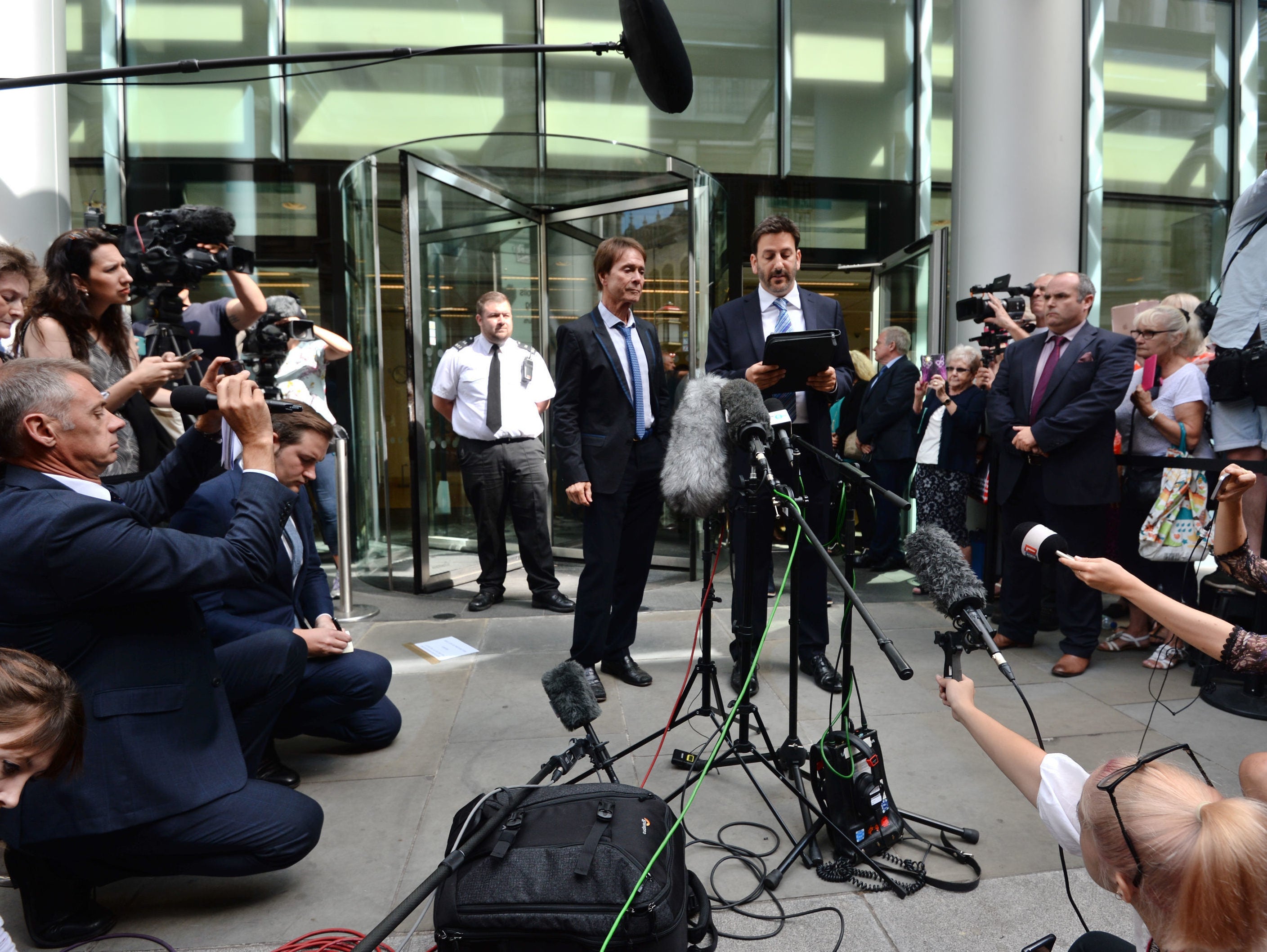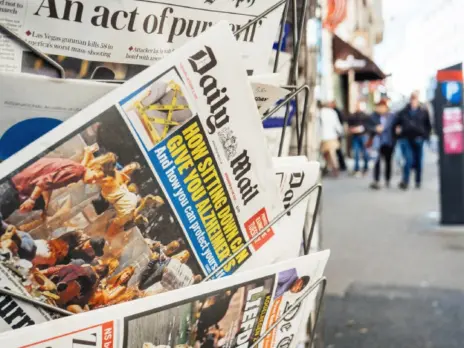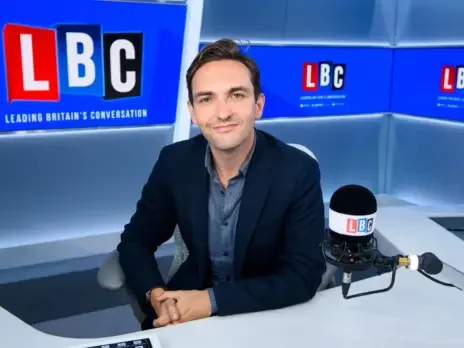
News organisations from the Sun to the Guardian have shown an “unusual display of unity” in reaction to Sir Cliff Richard’s privacy win against the BBC, which has been called a “dangerous erosion for press freedom”.
The singer yesterday won his High Court privacy battle against the BBC who in August 2014 broadcast information about a child sex allegation against the 77-year-old alongside helicopter footage of a police raid on his Berkshire home.
Sir Cliff always denied the allegation and the case was dropped in 2016 without arrest or charge.
The BBC has said it is looking at appealing the ruling in which it was ordered to pay £210,000 in damages to Sir Cliff, with further special damages yet to be decided.
In a leader column, the Sun today gave its support to the BBC, saying it “must win” on appeal against the judgement.
Although the newspaper said it has “every sympathy” for Sir Cliff and his two-year ordeal, it added: “The privacy ruling in Sir Cliff Richard’s favour is profoundly dangerous and a devastating affront to press freedom.
“Effectively handing all suspects a new right to anonymity until charged is also far too fundamental a change to be made by one judge at the stroke of a pen.
“Not only must the BBC appeal and win, the Government must legislate so police can name suspects once arrested, with the press able to report it.”
The Guardian said that although it believes in the principle of privacy, it agreed the BBC was right to consider an appeal, saying the judgement was “ominous” in its implications for what “reporters are allowed to say – and the public is allowed to know”.
The newspaper said: “As news organisations, it is our job to tell people what is going on. That is why journalists from the BBC to the Sun have mounted such an unusual display of unity in their horrified reaction to this ruling.
“The idea that the activities of the police could be placed off limits to reporters is anathema. It means placing them off limits to the public. Reports of arrests can lead to further complainants coming forward.
“If we aren’t allowed to report on work in progress, it is difficult to see how anybody would find out when the police get things wrong.”
The Guardian also warned against the proposal yesterday by Conservative MP Anna Soubry for “Cliff’s Law” to ban the media naming suspects before charge, saying it would be a “grave mistake”.
The Telegraph said the judgement marked a “further dangerous erosion of press freedom” and said the fault in the case was with South Yorkshire Police, not the media.
“They had no need to stage such an intrusive search in order to investigate a single, unsubstantiated allegation of historic sex abuse,” the newspaper said.
“What were they expecting to find at Sir Cliff’s house that would be relevant to such an inquiry? Had they arranged to meet him confidentially, they could quickly have established his innocence.
“The heavy-handedness of their investigation was the principal cause of Sir Cliff’s distress and South Yorkshire constabulary has paid him £400,000 in damages plus £300,000 in costs. However, it does not follow that the historic rights of the media to report freely should be circumscribed because of a botched police action.”
Mr Justice Mann yesterday said the total liability for damages, not including aggravated damages, should be divided up 35 per cent to 65 per cent between the police force and the BBC respectively on the grounds the broadcaster was “a significantly greater contributor to the damage that was caused”.
The Mirror said the judgement had “dangerous repercussions for press freedom”, saying a blanket ban on naming police suspects could make it impossible to name a teacher suspected of child abuse.
The title added: “There will be much sympathy for Sir Cliff. You can understand why he wanted to seek redress for the ordeal he was put through.
“It is a shame it has come at the cost of a judgment that threatens the work of the police and the media. This may be a day of satisfaction for Sir Cliff, but it is dark day for journalism.”
Picture: Victoria Jones/PA Wire
Email pged@pressgazette.co.uk to point out mistakes, provide story tips or send in a letter for publication on our "Letters Page" blog






